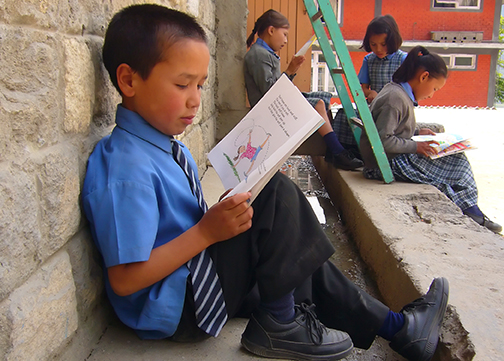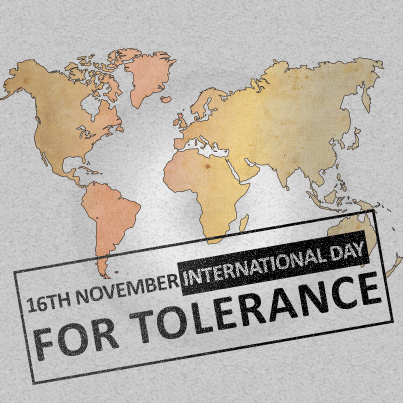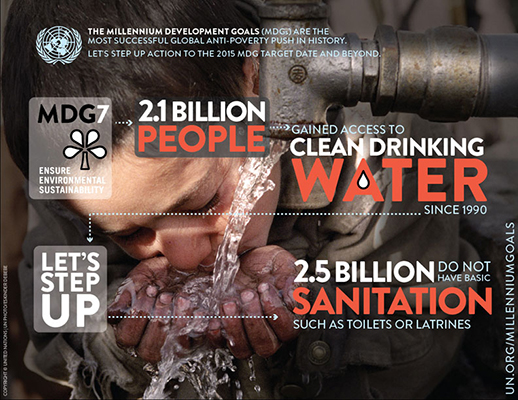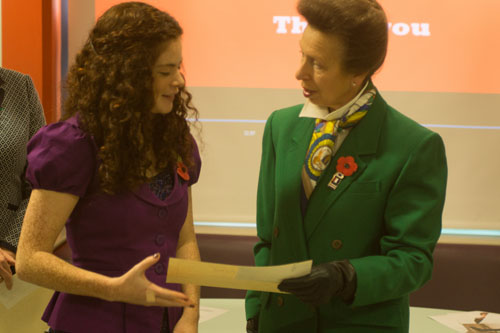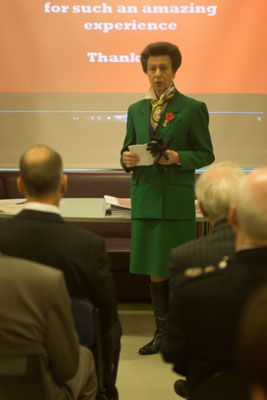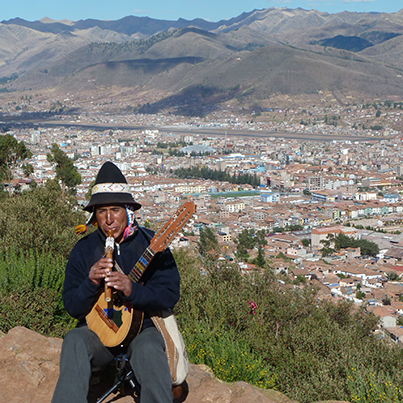Sunday 1 December: World Aids Day
This Sunday 1 December is World Aids Day, and a chance for us to show our solidarity against this virus, which continues to devastate millions of lives around the world every day. According to World Aids Day’s official webpage, approximately 100,000 people live with HIV in the UK alone, which jumps to an astounding 34 million if we consider all people worldwide who have been infected with the virus. Figures for the period between 1981 and 2007 show that Aids has claimed the lives of 25 million people around the world, making it one of the most destructive public health issues in modern times.
Although, of course, combatting Aids is a non-stop endeavour, World Aids Day provides “an opportunity for people worldwide to unite in the fight against HIV, show their support for people living with HIV and to commemorate people who have died.” It is also an opportunity to raise awareness of the illness, its transmission and its prevention. More practically, World Aids Day also aims to raise money for the National AIDS Trust (NAT), a body that champions the rights of people living with HIV.
While the virus clearly has a profound effect on the lives of those who contract it, the spread of HIV/Aids has serious consequences for all members of the community, particularly in developing countries, which have been the worst affected. Especially prevalent in young people (accounting for around 40% of new HIV infections), deaths caused by HIV/Aids have lead to generations of children being raised by their grandparents following the death of one or both parents. And with fewer relatives available to work, such families are at an increased risk of falling into poverty.
As discussed a few weeks ago in our Millennium Development Goals In Focus series, the fight against HIV/Aids – along with other highly destructive diseases such as malaria and tuberculosis – has been singled out by the UN as the target of its sixth Millennium Development Goal. In aiming both funds and anti-poverty initiatives at tackling the issue of HIV/Aids, the UN and its partner organisations hope to reduce transmission of the disease through, for example, educative measures where young people are taught about the importance of safe sex. While progress has already been made (infection rates dropped by 33% between 2001 and 2011), there is still a long way to go before the issue of HIV/Aids ceases to ravage populations the world over.
And combatting Aids is not the only issue that deserves our attention and efforts. Since joining the UK government’s ICS programme earlier this year, Lattitude has been preparing to send its first batch of volunteers on the scheme to Malawi and Ghana in January to help out on a range of community projects, from education and empowering local women, to tackling more specific health issues. Lattitude ICS volunteers work in groups with both UK and local volunteers and remain in-country over a 10-week period. If you would like more information on undertaking an ICS placement with Lattitude, feel free to send any questions to [email protected] or find out more here.
